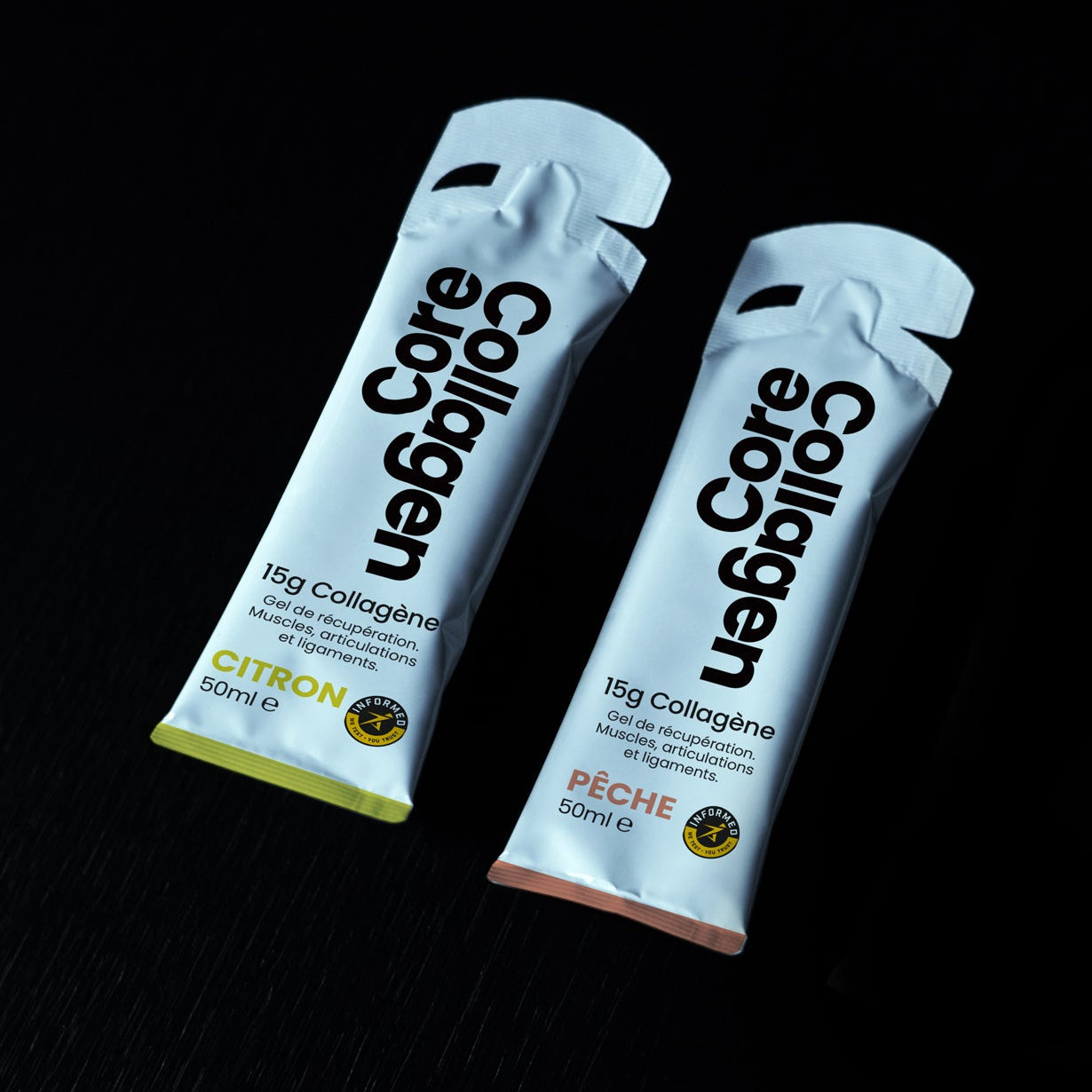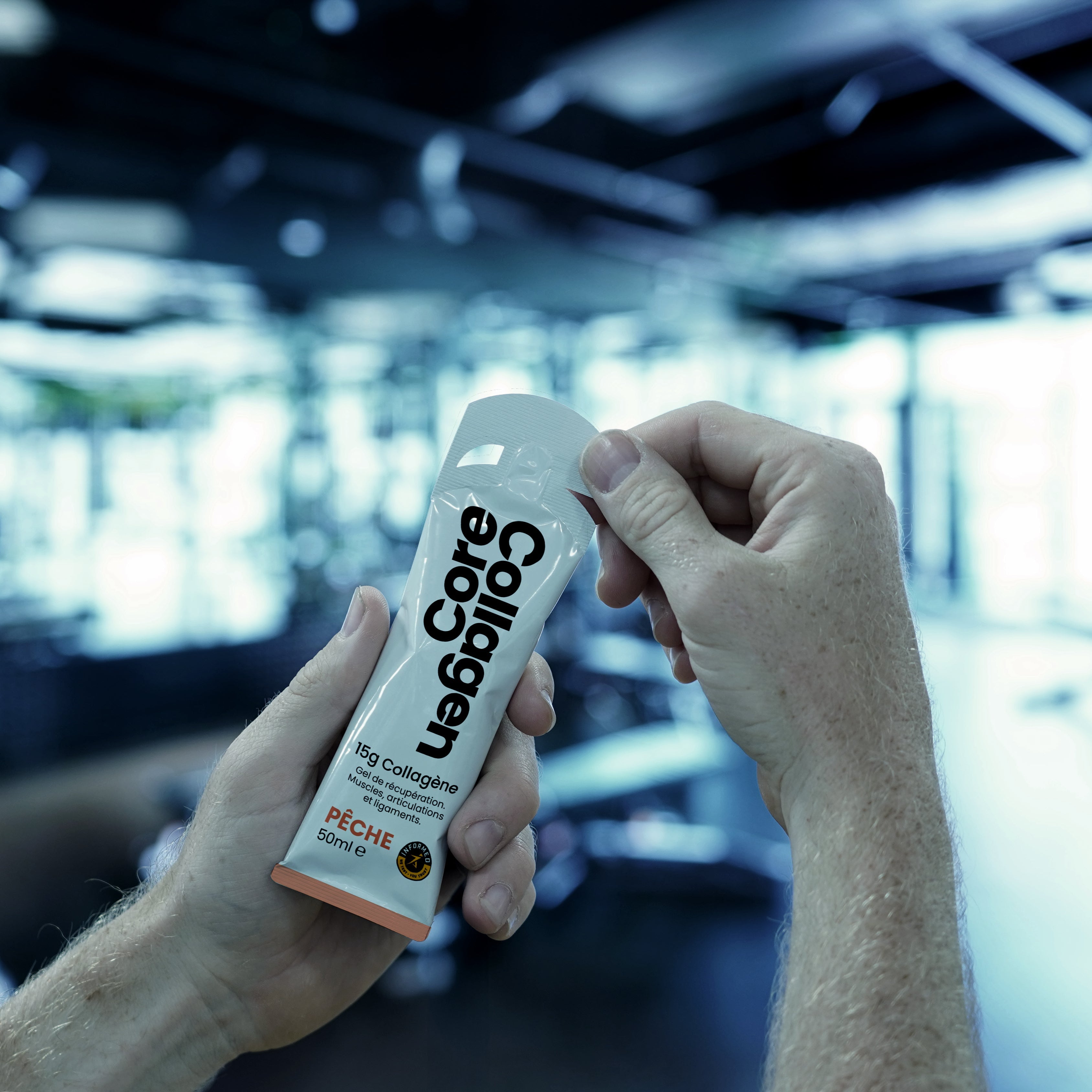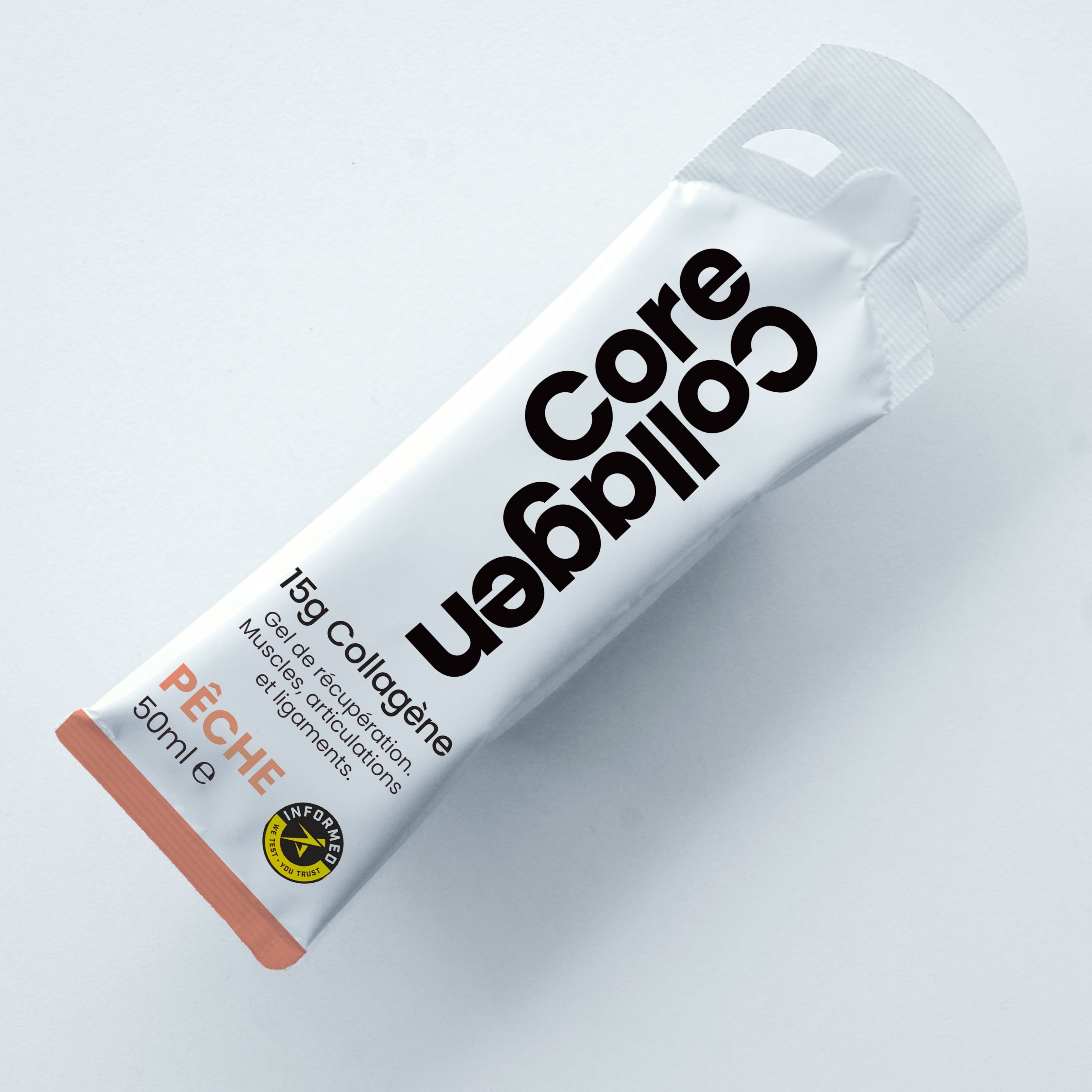Injury Recovery for Triathletes, Runners, and Cyclists: The Role of Collagen Supplementation

Endurance athletes often push their bodies to the limit, leading to increased risk of injuries such as joint pain, tendonitis, and muscle strains. Effective recovery is crucial not only for returning to peak performance but also for preventing future injuries. One supplement that has gained attention for its potential in supporting recovery is collagen.
Collagen is the most abundant protein in the human body, playing a vital role in maintaining the structure and integrity of connective tissues, including tendons, ligaments, and cartilage. As athletes age or engage in repetitive high-impact activities, the natural production of collagen can decline, potentially leading to weakened connective tissues and increased injury risk.
Joint Health and Pain Reduction
Regular endurance training can lead to joint stress and discomfort. Studies have shown that collagen supplementation may help reduce joint pain and improve joint function. For instance, a systematic review highlighted that collagen peptides could support joint health by improving the condition of cartilage and reducing stiffness and pain .
Tendon and Ligament Strength
Endurance athletes often experience overuse injuries in tendons and ligaments. Research indicates that collagen supplementation can enhance tendon stiffness and overall strength, aiding in injury prevention and recovery. A study on soccer players found that collagen hydrolysate supplementation led to greater increases in tendon stiffness and Young’s modulus compared to a placebo group .
Muscle Recovery
After intense training sessions, muscle recovery is essential. Collagen peptides have been shown to support muscle recovery by reducing markers of muscle damage and accelerating strength recovery post-exercise. This is particularly relevant in reducing downtime between training sessions and improving overall athletic performance .
Bone Health
Maintaining bone health is crucial for endurance athletes to prevent fractures and other bone-related injuries. Collagen supplementation has been associated with stimulating the production of bone cells, increasing bone mineral density, and reducing the risk of fractures, particularly in post-menopausal women .
Practical Considerations for Supplementation
When considering collagen supplementation, it's important to choose products that provide the appropriate type and dosage of collagen peptides. Type I collagen, commonly found in bovine sources, is most beneficial for supporting connective tissues. Additionally, combining collagen supplementation with vitamin C can enhance absorption and effectiveness.
For optimal results, athletes might consider taking 10–15 grams of hydrolyzed collagen daily, preferably 30–60 minutes before training sessions or rehabilitation exercises. This timing can help maximize the benefits of collagen supplementation in supporting recovery and preventing injuries.
Conclusion
Incorporating collagen supplementation into your routine can be a valuable strategy for enhancing injury recovery and supporting overall joint, tendon, and muscle health. As with any supplement, it's advisable to consult with a healthcare professional before starting to ensure it's appropriate for your individual needs and circumstances.






